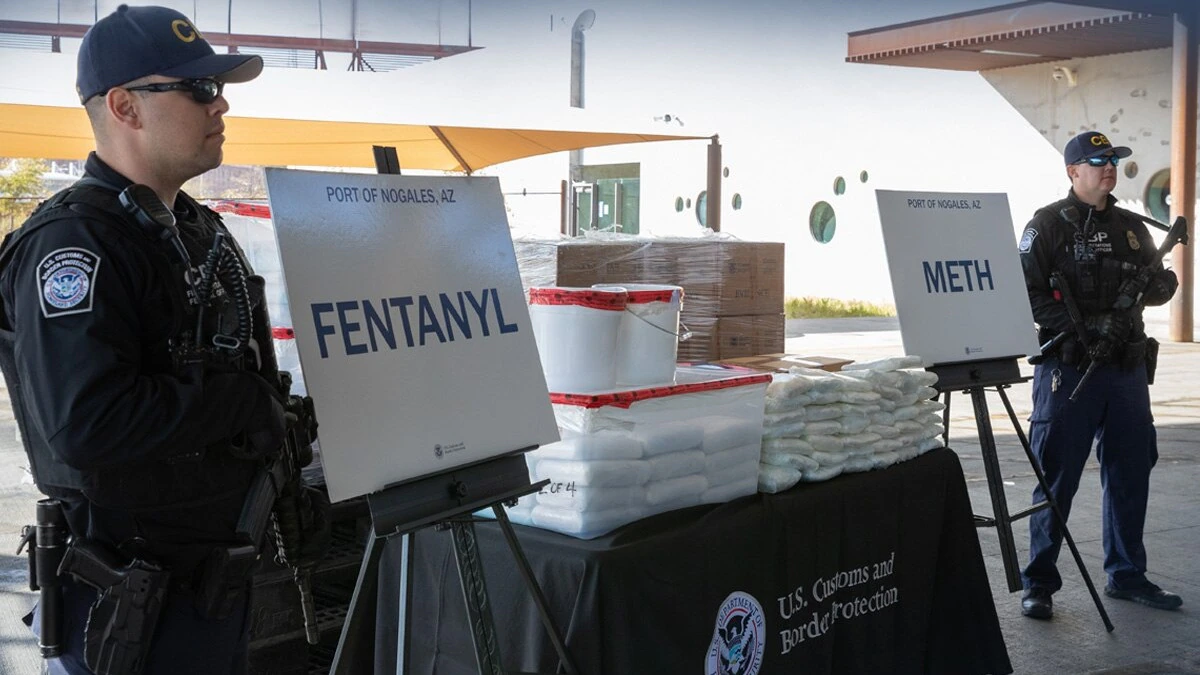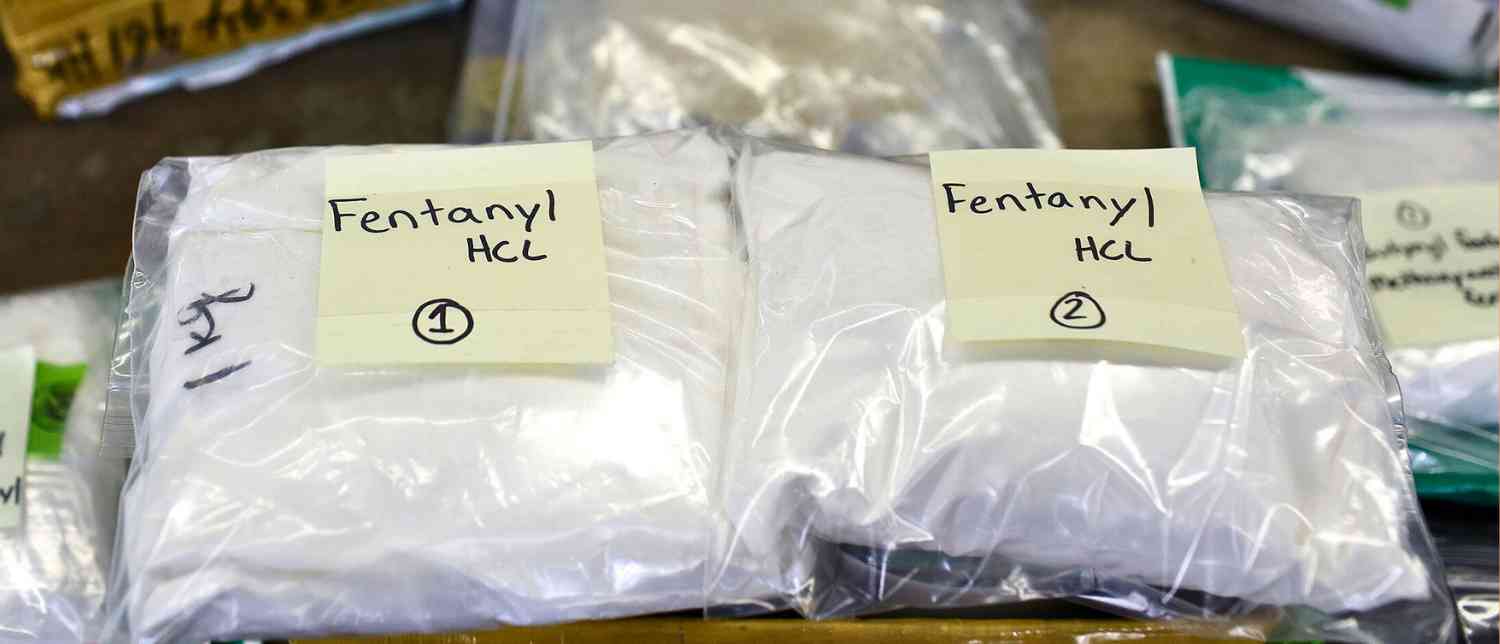The United States government has recently imposed sanctions on two Indian nationals and an India-based online pharmacy involved in trafficking fentanyl and other synthetic drugs. This move is part of the ongoing efforts by the U.S. administration to combat the growing opioid crisis by targeting key individuals and organizations playing a role in the illegal drug trade.

Fentanyl is a powerful synthetic opioid known for its high potential for addiction and overdose, contributing heavily to drug-related deaths in the U.S. Over recent years, fentanyl and its precursor chemicals have been a major cause of synthetic opioid abuse. The U.S. Treasury’s Office of Foreign Assets Control (OFAC) announced these sanctions on September 24, 2025, citing the illegal distribution of counterfeit prescription pills laced with fentanyl across the country as a serious threat to public health and safety.
The sanctioned Indian nationals and the online pharmacy reportedly supplied these dangerous drugs to Americans. The U.S. embassy in New Delhi had earlier revoked visas of several Indian executives linked to fentanyl precursors trafficking, reflecting increasing cross-border collaboration between the countries to tackle this mutual challenge. These actions include travel bans on the individuals involved as well as restrictions on their business operations.
The opioid crisis in the U.S. has claimed hundreds of thousands of lives, with fentanyl being a significant contributor. In recent years, synthetic drugs like fentanyl have caused unprecedented drug overdose deaths, making the regulation and crackdown on fentanyl trafficking a high priority of U.S. national security and public health policy.

Experts note that the trafficking networks for fentanyl involve complex international ties, with precursor chemicals often sourced from India, China, and other countries and trafficked through various global routes. Despite China's stricter controls over fentanyl precursors, the trade has adapted, and Mexico remains a major transit point for fentanyl entering the U.S.
The U.S. sanctions on Indian individuals highlight the global nature of the synthetic opioid epidemic and the need for continued international cooperation. India has been cooperating with U.S. authorities on investigations, but the complexity of the illegal drug trade requires efforts on multiple fronts, including law enforcement, better regulation of precursor chemicals, and public health initiatives to reduce opioid abuse.
These sanctions reflect the serious concerns of the U.S. government toward fentanyl’s impact on its population, while also signaling diplomatic sensitivity given the involvement of Indian nationals. The move may influence bilateral discussions on drug control and trade but also underscores the shared responsibility countries bear in addressing global drug trafficking.

It is important for all stakeholders, including governments, law enforcement agencies, and communities, to adopt multi-dimensional strategies combining security measures with education and health care to tackle the opioid crisis without unfairly stigmatizing any one country or community.
In conclusion, the U.S. sanctions on two Indian nationals for fentanyl trafficking reinforce the critical international dimension of drug control efforts. Safeguarding public health against synthetic opioids like fentanyl requires sustained cooperation and transparent action that balances enforcement with humanitarian concerns, underscoring the complexity of global drug policy today.
This development will be followed closely as nations continue to adapt their strategies in the fight against the synthetic opioid epidemic impacting millions worldwide.
With inputs from agencies
Image Source: Multiple agencies
© Copyright 2025. All Rights Reserved. Powered by Vygr Media.

























